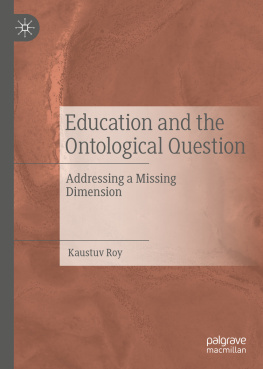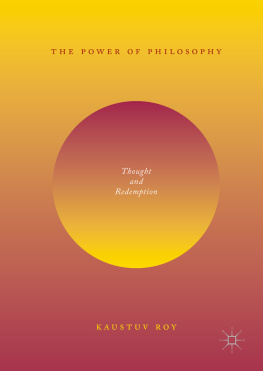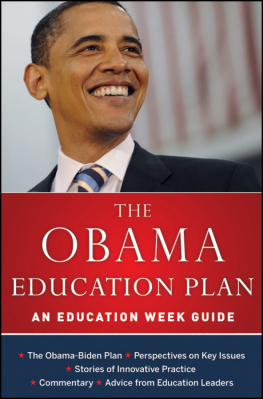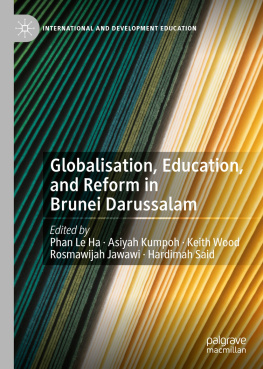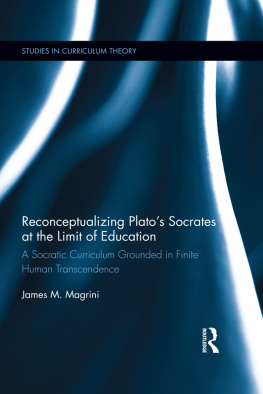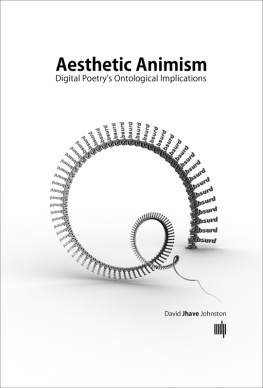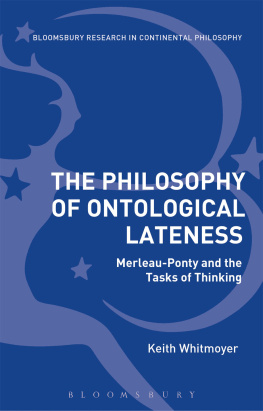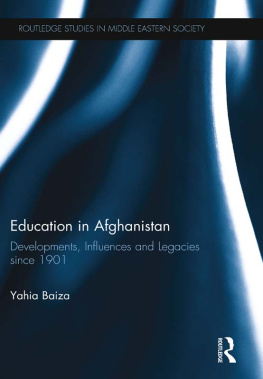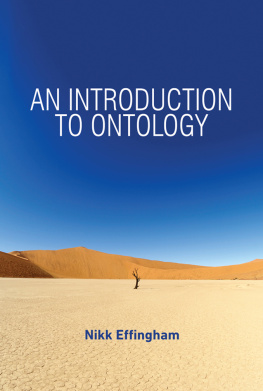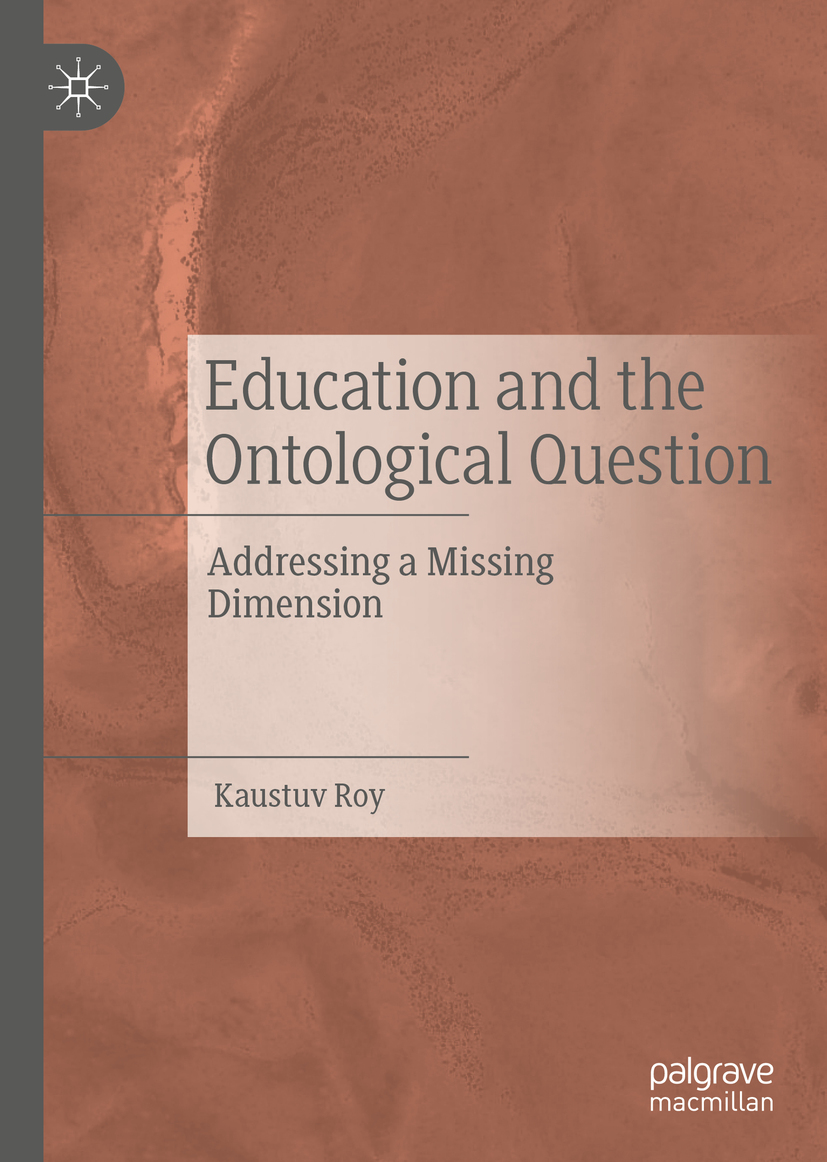Kaustuv Roy
Azim Premji University, Bangalore, Karnataka, India
ISBN 978-3-030-11177-9 e-ISBN 978-3-030-11178-6
https://doi.org/10.1007/978-3-030-11178-6
Library of Congress Control Number: 2018967496
The Editor(s) (if applicable) and The Author(s) 2019
This work is subject to copyright. All rights are solely and exclusively licensed by the Publisher, whether the whole or part of the material is concerned, specifically the rights of translation, reprinting, reuse of illustrations, recitation, broadcasting, reproduction on microfilms or in any other physical way, and transmission or information storage and retrieval, electronic adaptation, computer software, or by similar or dissimilar methodology now known or hereafter developed.
The use of general descriptive names, registered names, trademarks, service marks, etc. in this publication does not imply, even in the absence of a specific statement, that such names are exempt from the relevant protective laws and regulations and therefore free for general use.
The publisher, the authors, and the editors are safe to assume that the advice and information in this book are believed to be true and accurate at the date of publication. Neither the publisher nor the authors or the editors give a warranty, express or implied, with respect to the material contained herein or for any errors or omissions that may have been made. The publisher remains neutral with regard to jurisdictional claims in published maps and institutional affiliations.
This Palgrave Macmillan imprint is published by the registered company Springer Nature Switzerland AG
The registered company address is: Gewerbestrasse 11, 6330 Cham, Switzerland
Professor David F. Labaree, Lee L. Jacks Professor of Education, Emeritus, Stanford University.
Preface
Growing up on the outskirts of an ocean-side town, the impossibly hot sands under a tropical sun had for us many a lesson. The curved line of the sea-shore met up with the sky at an unbearable distance which presented its own melancholy. Landward there were shimmering mirages; seaward, the white phosphorous smelt of mildly rotting fish. Together these surgically opened up an existential suffering that had no expression in the things that we were taught at school. On the shore, the things that we were taught had no meaning against the searing sands; and the furious white-topped waves spurned any attempt to decipher their in-bound solitude. That missing dimension of meaningful connection left an uncomprehending but indelible mark on the soul. Later, a question shaped itselfwas the gap inevitable? Must the focus on epistemic acquisition be allowed to suppress ontological sense making? Could the missing dimension be brought into living contact with prescribed studentship? Can formal education be made to face its essential isolation from all that is? Some of these issues well up from within the character of the book, searching for a fresh plane of interrogation.
Observe ( katamathete ) the lilies of the field; the word katamathete , as scholars have noted, appears but once in the entire New Testamentin Matthews account of the Sermon on the Mount. Messianic words are not chosen, rather they burst out from within the energy of Revelation; the truth clothes itself in the manner of its need. In that single instance of the command to observe, the work of the Causeless reveals itself in a singular intensification. The word now glows with inner illumination and resolve. This intensification courses and recourses itself into the sinews and inner channels of the being bringing forth varied expression. A book such as the present one is a humble instance of anamnesis toward intensification, an attempt at reversal of forgetfulness of being, an impress of the pressure of sub specie aeternitatis that is coded in each being. In short it is an ode to being. To observe here therefore means to drop all preconceptions and look at the untended (field) lily with new eyes. Immersed in the act of deep observation, the observer mellows and eventually thaws to permit the lily to be, purposeless, intentless, defenseless. The command to observe therefore ends up reconfiguring the observer who now is in a different relation to the natural object that presents itself to consciousness . For pedagogical purposes, however, this observation does not conclude in simply staring at the lily. Observation (pedagogically) must at the same time look into the language that enshrouds the lily, the poeisis that creatively constructs the lily in consciousness , and the phenomenological act that brings insight into essence . The lily, in an expanded and metaphorical sense, is the elemental world, and observation may be thought of as the educational endeavor. The present book is an attempt at ontological hermeneutics that sets up an adequate resonance between the above, hoping thereby to help us go beyond the melancholy in which education is caught today, stuck in a one-sided discourse.
Kaustuv Roy
Bangalore, India

